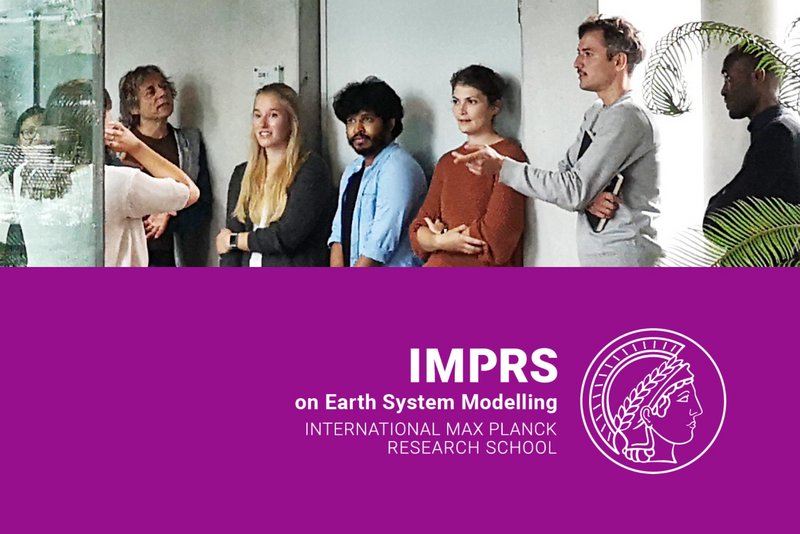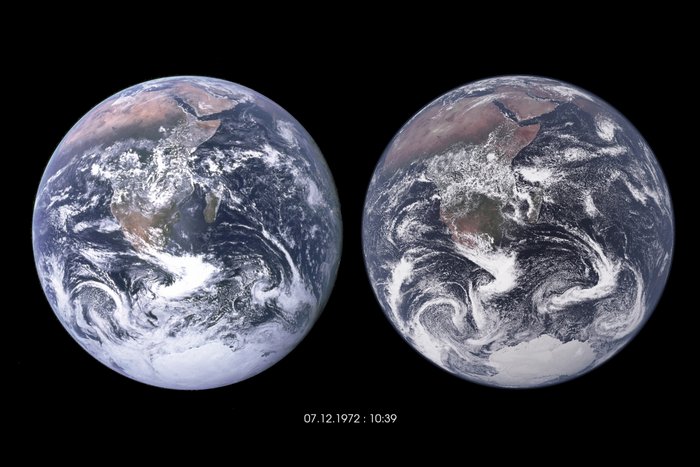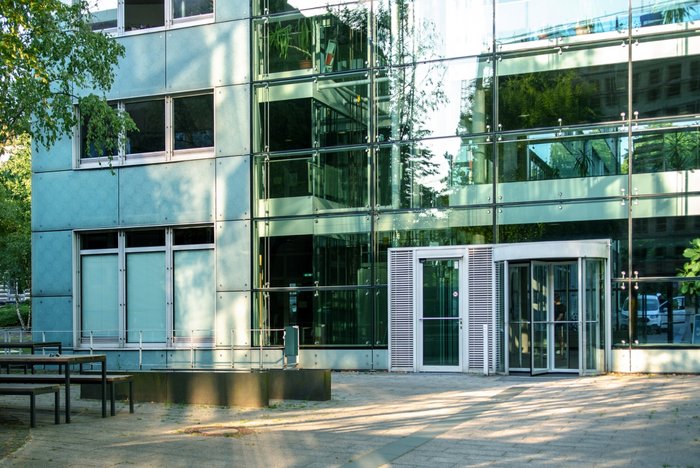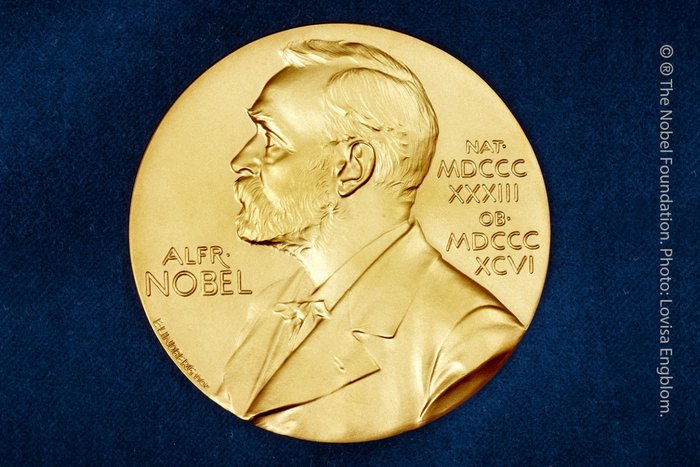
News

Surprised by Simplicity: Model Experiments Reveal Rule of Thumb for Carbon-Climate Dynamics
Studying climate change is a very complex challenge, but sometimes simplicity unexpectedly emerges. Researchers have used idealized experiments with…

Tropical Cyclones and the Carbon Cycle: New Insights from A Model Simulation
For the first time, scientists have resolved extremely intense tropical cyclones and their effect on the ocean carbon cycle in a global Earth system…

New ICON Configuration Provides Realistic View of Small-Scale Ocean Eddies
For the first time, scientists were able to study the behavior of eddies measuring just a few kilometers in size in a realistic simulation of the…

The Air and Its Secrets—A History of Atmospheric Science
In his new book, Guy Brasseur, former director at the Max Planck Institute for Meteorology and head of the “Environmental Modeling” research group,…

ICON team receives international recognition for groundbreaking achievements in high-performance computing
A team led by the Max Planck Institute for Meteorology and the German Climate Computing Center has received the prestigious Gordon Bell Prize for…

How to Make Model Experiments on the Atlantic Overturning Circulation More Realistic
Melting ice in the Arctic is causing an increasing amount of freshwater to enter the North Atlantic, which is expected to result in a weakening of the…
Our Research
Department Climate Physics
Department Climate Dynamics
Department Climate Variability
Independent Research Groups

PhD positions in Climate Research - Annual Call 2026 open 1 July to 15 September
The International Max Planck Research School on Earth System Modelling (IMPRS-ESM) is a structured, interdisciplinary and international program for graduate students who want to earn a PhD degree. The aim of our doctoral program is to advance our understanding of processes and dynamics in the Earth system as well as predictive capabilities.
Revisiting the Blue Marble: ICON simulating the coupled climate system at 1 km
The early 1970s is often associated with the birth of the modern environmental movement. In 1970 the first Earth day was celebrated, and Greenpeace was founded in 1971. In March 1972 the Club of Rome published its influential report entitled the “limits of growth”. The growing environmental consciousness was ...





